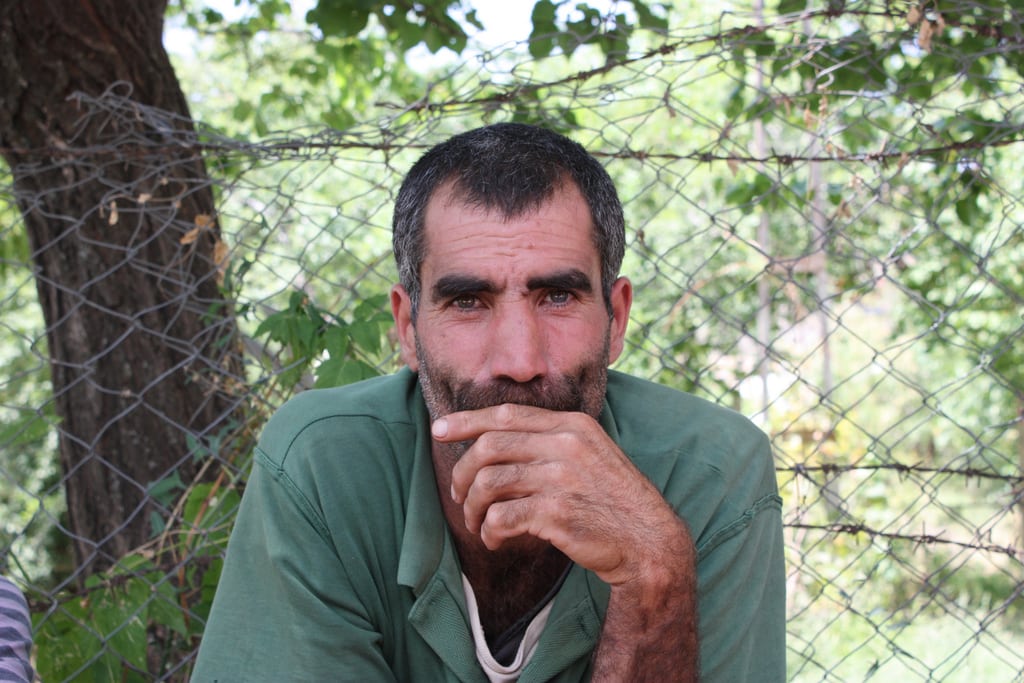Skift Take
Yes, there is such a thing, and it is growing in Turkey. The world's a strange, hairy place.
Health tourism can be a hairy business anywhere, but for Turkey this is literally the case. Hair transplants have been a cornerstone of the country’s billion-dollar-plus medical-tourism market for more than a decade. But recently, a growing number of medical tourists, especially Middle Eastern men, have been traveling to Turkey specifically for facial hair implants.
“Both in Turkey and in Arab countries, facial hair is associated with masculinity, and its lack can cause social difficulties,” commented Dr. Selahattin Tulunay, a transplant surgeon who has a private practice in Istanbul. He estimates that up to a quarter of his monthly hair-transplant patients are Arab men from the Middle East interested in more facial hair.
“Businessmen come to me to get beard and moustache implants because they say that business partners do not take them seriously if they don’t sport facial hair,” Tulunay added.
Hair-transplant surgeon Dr. Ali Mezdegi has noticed the same trend. About 75 percent of his customers are Arabs, mostly from the Persian-Gulf countries, and many tell him they want transplants before contemplating marriage. “Thick hair is a status symbol, and a sign of strength and virility,” Dr. Medzegi explained. “Some patients want to look younger, some more manly — both important factors in the Middle East if one looks for a new wife.”
But why is Turkey emerging as the go-to place for mustache-and-beard work?
“This trend was made possible because of our government’s excellent relationship with many Arab countries,” suggested Irfan Atik, the general manager of an Istanbul tourism agency that specializes in hair-transplant tour packages. Arabs now constitute a major share of Turkey’s tourism sector, with more than 4 million tourists from Arab countries out of a total of 30 million visitors in 2011.
Atik estimated that at least 50 Arab tourists arrive in Istanbul each day for a facial-hair transplant. Most of his own customers are from the United Arab Emirates, but some also arrive from Saudi Arabia, Qatar, Kuwait and Iraq. “Many of my visitors tell me how much they love [Turkish Prime Minister Recep Tayyip] Erdoğan,” Atik said. But, he continued, so far none have asked for the so-called “almond,” the nickname for the closely cropped mustache sported by the prime minister and typically associated with supporters of his pro-Islamic Justice and Development Party.
Other Turkish citizens, though, do serve as role models for mustaches. While mustaches like that of famous Turkish actor Kadir Inanır or Kurdish singer İbrahim Tatlıses have long set the standard for what manly whiskers should look like, many patients now want stubble beards like that of Turkish TV heartthrob Kıvanç Tatlıtuğ, or the rugged good looks of actor Kenan İmirzaglıoğlu, Mezdegi said.
“But not every beard suits every face,” he cautioned.
Grooming is not part of the treatment. “After a successful hair transplant surgery, a man could also grow a Marx-like beard if he so wishes,” commented Tulunay.
Tulunay and Mezdegi agreed that Turkish television shows, hugely popular in Arab countries, have influenced style trends, but pointed out that hair transplants are no miracle cure. Hair for all hair transplants is taken from the back of the scalp, the only area where men do not go bald.
“If the hair in that area is too thin, it is not suitable for a transplant”, Dr Tulunay explained. “And for a beard or a moustache, the transplanted hair needs to be quite thick.”
Hair-transplant packages stand at approximately $2,300 at Atik’s agency and include medical costs, follow-up care and transportation to the clinic for a less-than-four-day procedure.
The relatively low costs also play a role in luring patients from abroad for a Made-in-Turkey mustache or beard.
Do partners get a say in patients’ brand-new moustaches or beards?
“Usually not, and if they do, they are not too keen on moustaches,” laughed Tulunay. “I guess that manliness is also in the eye of the beholder.”
Originally published by EurasiaNet.org
Get Skift Research
Skift Research products provide deep analysis, data, and expert research on the companies and trends that are shaping the future of travel.
Have a confidential tip for Skift? Get in touch
Tags: Travel Trends, turkey
Photo credit: Turkey emerging as the go-to place for mustache-and-beard work. nomenklatura / Flickr.com
